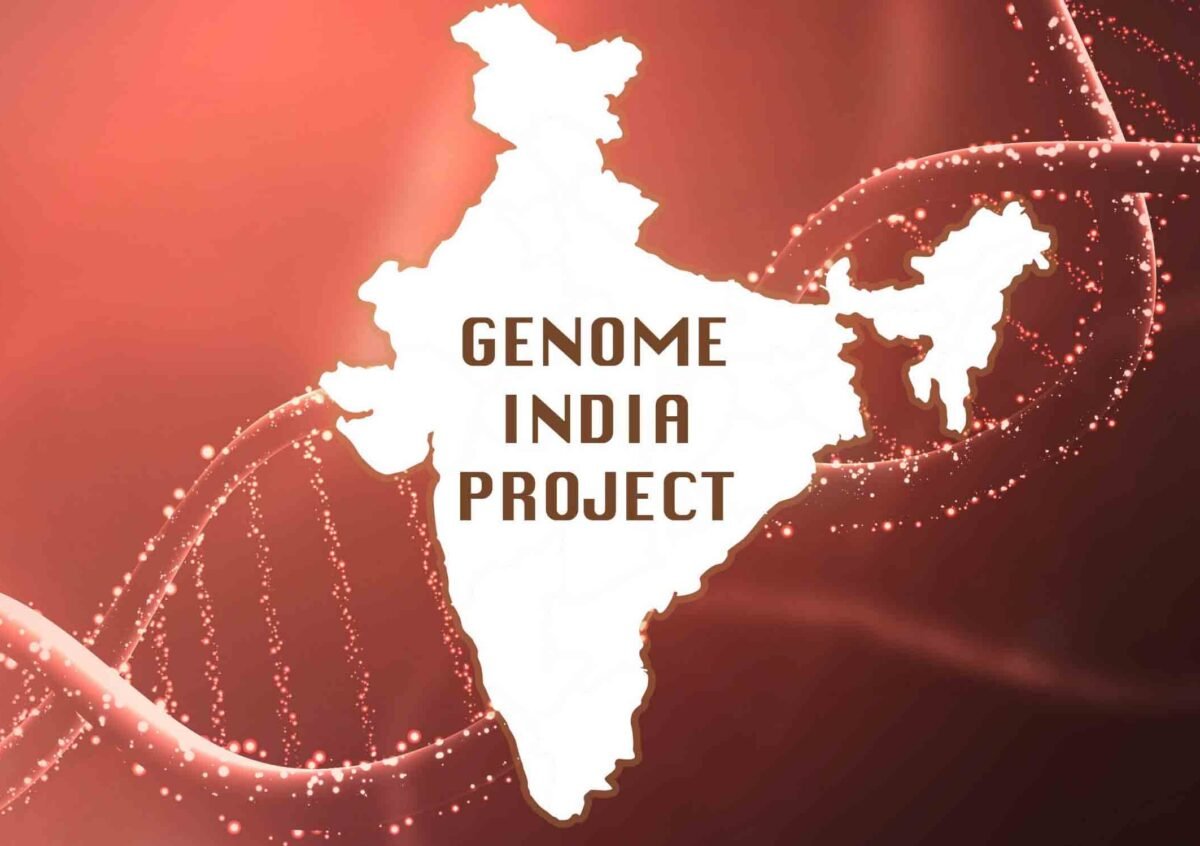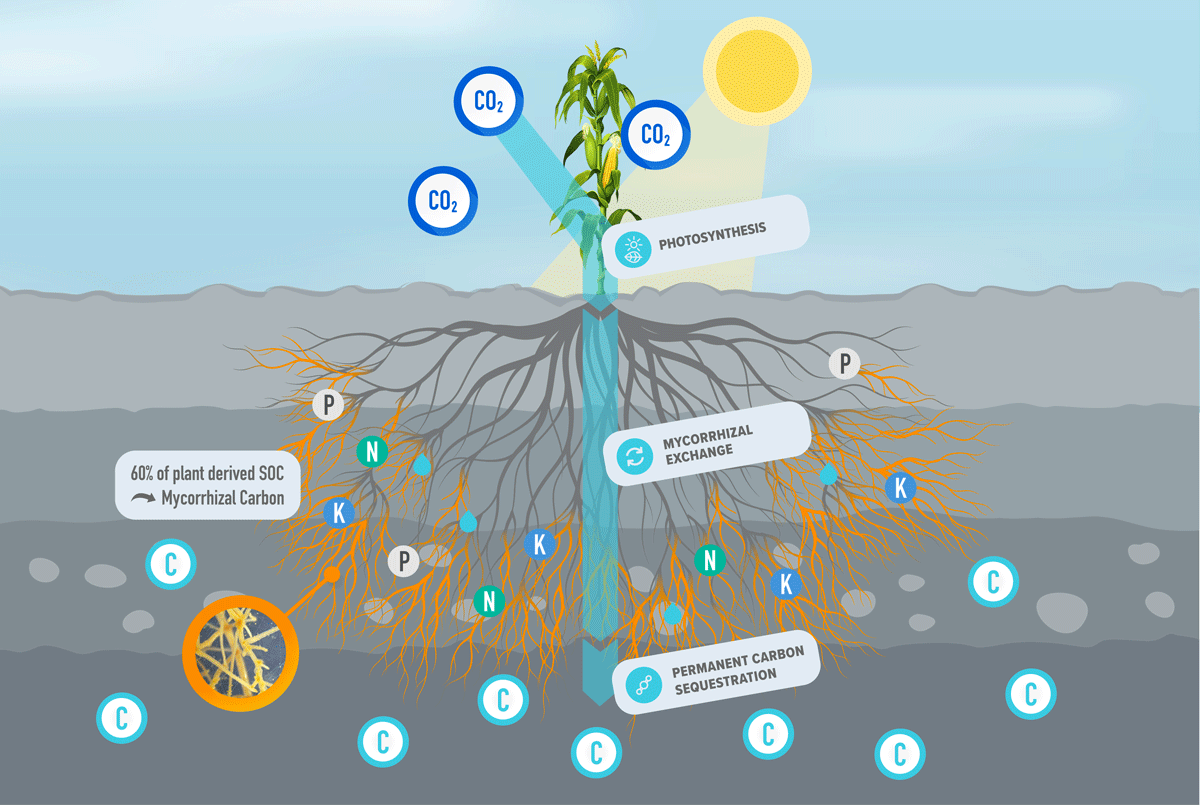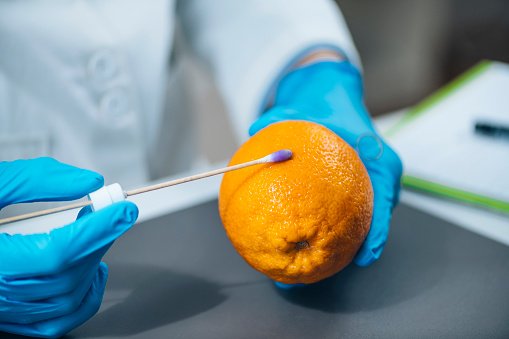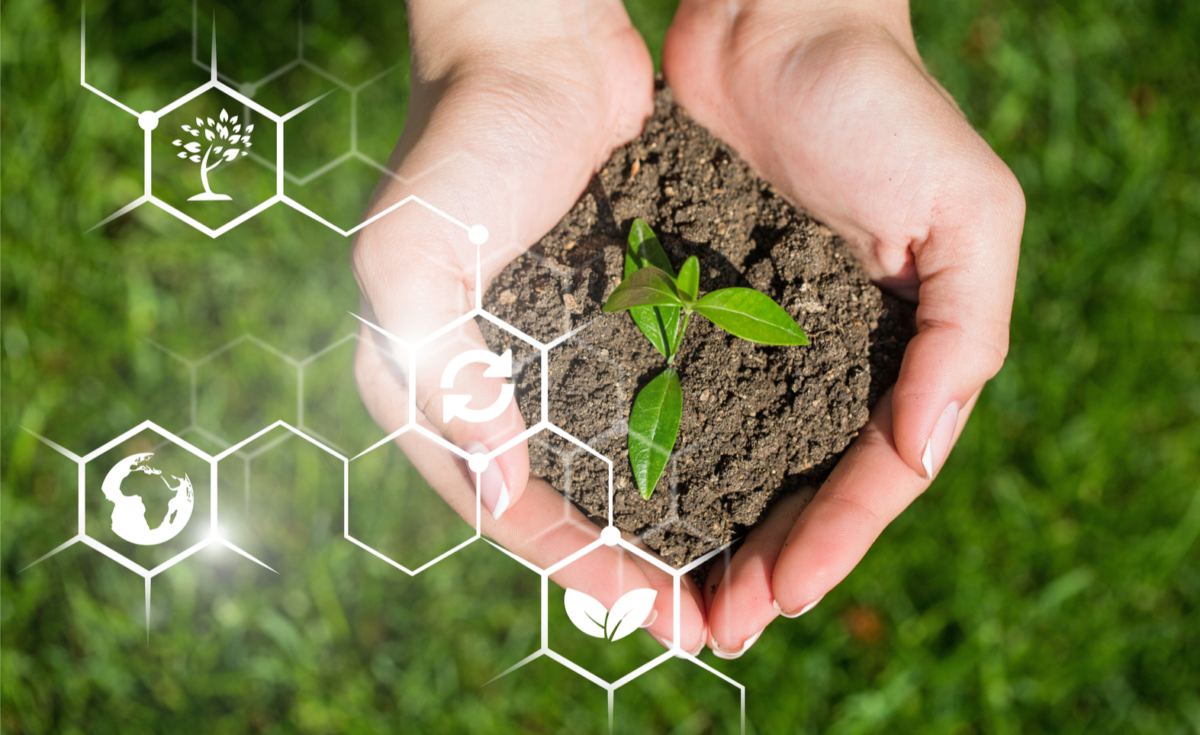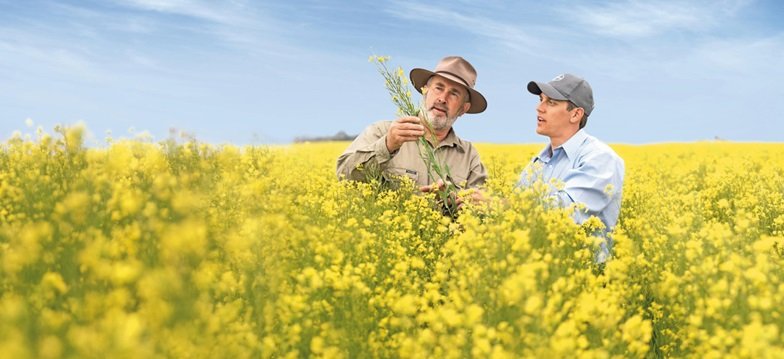In the 21st century, the combination of bio-technology and biomass is an important part of the foundation of Viksit Bharat as Bio Economy: PM
The Prime Minister Shri Narendra Modi delivered his remarks at the start of the Genome India Project via video message today. During the occasion, he said today India had taken a historic step in the field of research. He added that the Genome India project was approved 5 years ago and our scientists have diligently worked and completed the project despite the challenges posed by the Covid Pandemic. Shri Modi remarked that more than 20 illustrious research institutions such as IISc, IITs, CSIR and DBT-BRIC have played a major role in this research. He added that the data consisting of the genome sequences of 10,000 Indians was now available at the Indian Biological Data Center. Shri Modi expressed confidence that this project would prove to be a milestone in the field of biotechnology research and congratulated all the stakeholders involved in the project.
“Genome India Project is an important milestone in the biotechnology revolution”, exclaimed Shri Modi. He noted that this project has successfully created a diverse genetic resource by sequencing the genomes of 10,000 individuals from various populations.The Prime Minister noted that this data will now be available to scientists and researchers, aiding scholars in understanding India’s genetic landscape. He emphasized that this information will greatly assist in policy-making and planning for the country.
Addressing the experts and scientists and emphasizing India’s vastness and diversity, not just in food, language, and geography, but also in the genetic makeup of its people, the Prime Minister remarked that the nature of diseases varies greatly, making it essential to understand the genetic identity of the population to determine effective treatments. He highlighted the significant challenge of sickle cell anemia in the tribal communities and the national mission to combat it. He noted that the problem might differ across regions, and a complete genetic study is necessary to understand the unique genomic patterns of the Indian population. Shri Modi stressed that this understanding will help develop specific solutions and effective medicines for particular groups. He emphasized that the scope is much broader and sickle cell anaemia was just an example. The Prime Minister underlined there was lack of awareness in India about many genetic diseases that are passed from one generation to another and the Genome India Project would aid in developing effective treatments for all such diseases in India.
“The combination of biotechnology and biomass in the 21st century forms a crucial foundation for a developed India as a Bio Economy”, said Shri Modi. He remarked that the goal of the Bio Economy is the optimal use of natural resources, promotion of bio-based products and services, and creation of new employment opportunities in this sector. He added that the Bio Economy accelerates sustainable development and innovation. The Prime Minister was pleased to note that India’s Bio Economy has grown rapidly over the past decade, from $10 billion in 2014 to over $150 billion today. He highlighted that India is striving to elevate its Bio Economy to new heights and recently launched the Bio E3 Policy. Touching upon the vision of this policy, Shri Modi said it would help India to emerge as a leader in the global biotech landscape, similar to the IT revolution. He acknowledged the significant role of scientists in this endeavor and extended his best wishes to them.
Highlighting India’s evolving role as a major pharma hub, the Prime Minister remarked that over the past decade, India had taken revolutionary steps in public healthcare, providing free treatment to millions of Indians, offering medicines at an 80% discount through Jan Aushadhi Kendras, and building modern medical infrastructure. The Prime Minister emphasized that India’s pharma ecosystem proved its strength during the COVID-19 pandemic. He noted that efforts are being made to establish a robust supply and value chain for drug manufacturing within India. He remarked that the Genome India Project will further accelerate and energize these efforts.
“World is looking to India for solutions to global problems, presenting both a responsibility and an opportunity for future generations”, said Shri Modi. He remarked that India is building a vast research ecosystem, with a strong focus on research and innovation at all levels of education over the past decade.
“More than 10,000 Atal Tinkering Labs are enabling students to conduct new experiments daily”, said Shri Modi. He noted that hundreds of Atal Incubation Centers have been established across the country to support young innovators. He added that the PM Research Fellowship Scheme is also being implemented to support research during PhD studies. Highlighting that the National Research Fund was created to promote multidisciplinary and international research, the Prime Minister said the Anusandhan National Research Foundation will support sectors such as science, engineering, environment, and health. He remarked that the government had also decided to create a corpus of one lakh crore rupees to boost research and investment in sunrise technologies, which will aid the development of the biotechnology sector and support young scientists.
Touching upon the Government’s recent significant decision of “One Nation One Subscription”, the Prime Minister remarked that this initiative will ensure easy and cost-free access for Indian students and researchers to prestigious global journals. The Prime Minister emphasized that these efforts will greatly contribute to making India the knowledge and innovation hub of the 21st century.
“India’s Pro People Governance and Digital Public Infrastructure have set a new model for the world”, exclaimed the Prime Minister. Concluding his speech, he expressed confidence that the Genome India Project will similarly strengthen India’s image in the field of genetic research. The Prime Minister extended his best wishes for the success of the Genome India Project.
In the 21st century, the combination of


